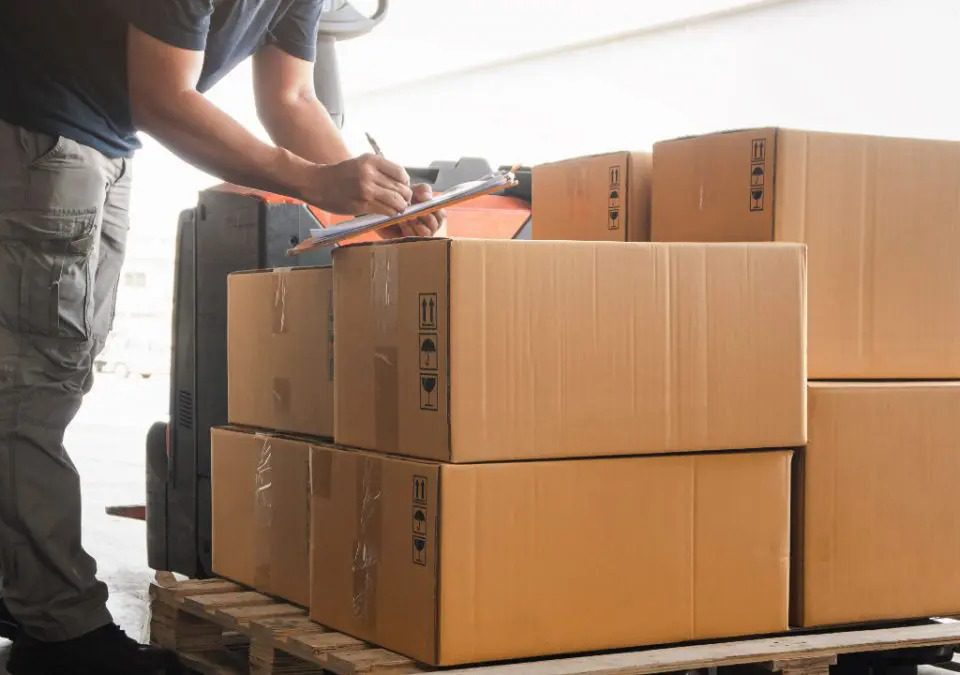The Importance of Residual Stock Food Brokers
The Importance of Residual Stock Food Brokers
Residual food brokers play a critical role in reducing food waste and hunger by connecting surplus food with organizations that can make use of it. They work with a wide variety of stakeholders including food producers, distributors, grocery stores, and other businesses, to identify and collect surplus food. These brokers then work to redistribute the food to organizations such as food banks, shelters, and soup kitchens, where it can be used to feed people in need.
The role of residual food brokers is vital in ensuring that surplus food is not wasted, but rather goes to feed those who need it. Residual food brokers help to bridge the gap between surplus food and organizations that can put it to good use. They also help to ensure that surplus food is distributed in a safe and efficient manner, by providing logistics and coordination services.
Residual food brokers can also specialize in certain types of food, such as perishable goods or produce, making them experts in the handling and distribution of those specific products. They can also provide necessary documentation and certifications to ensure that the food meets safety standards.
In summary, residual food brokers play a vital role in reducing food waste and hunger by connecting surplus food with organizations that can make use of it. They provide logistics and coordination services, can also specialize in certain types of food, and make sure that food is safe and meet the standards before distributing it. They are an important player in the food waste reduction chain and help to ensure that surplus food is put to good use.



